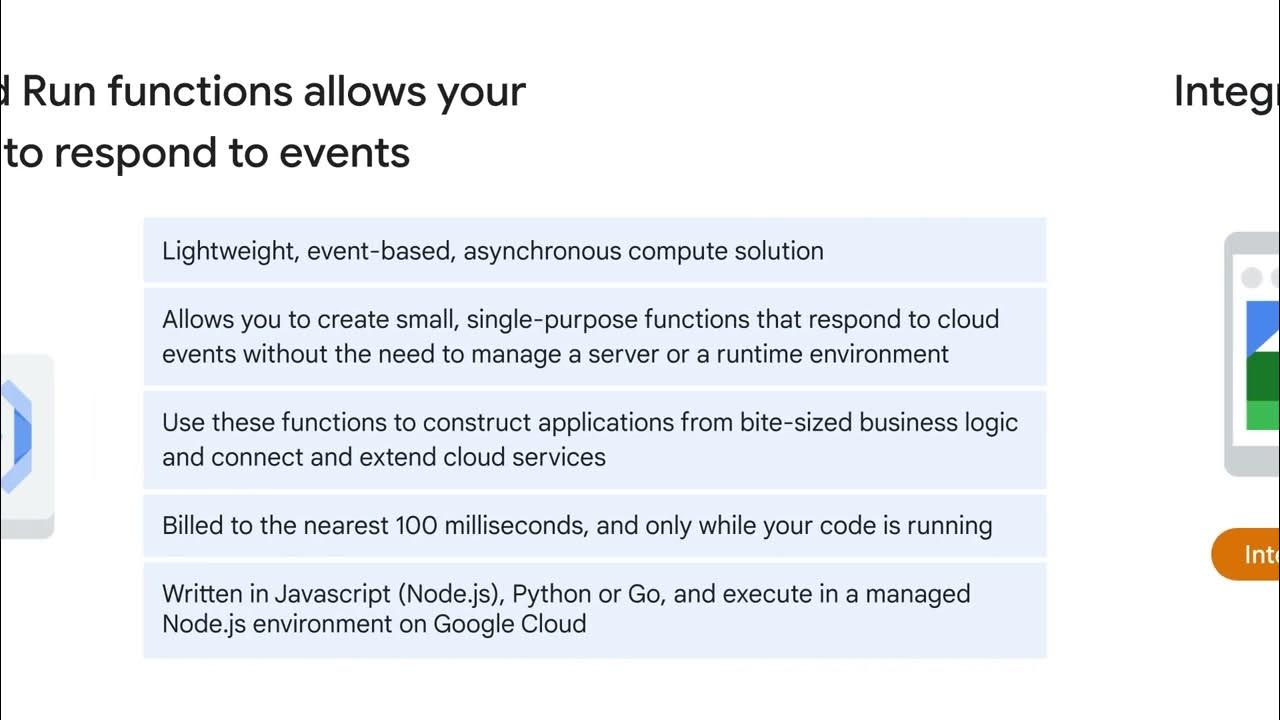What is Event Management?
Summary
TLDREvent management is the strategic process of planning and executing events, which can range from small meetings to large conventions. It involves understanding objectives, setting timelines, venue selection, catering, budget management, obtaining permits, transportation coordination, speaker arrangement, equipment setup, and risk management. The role of an event manager is akin to a director in theater, ensuring a seamless and memorable experience for all attendees.
Takeaways
- 🎯 Event management is the process of designing and producing events.
- 🗓️ Events can vary in type, size, or scale, such as meetings, conventions, trade shows, fundraisers, team building, weddings, and anniversaries.
- 🎭 Event management is likened to directing a live theatrical performance, with the event manager acting as the director.
- 🎯 The key elements of event management include understanding objectives, establishing timelines, selecting a venue, planning for catering, managing budgets, acquiring permits, coordinating transportation, selecting speakers and presenters, arranging for equipment and facilities, and managing risk and developing contingency plans.
- 📋 Successful event management requires a combination of skills and artistry to choreograph people and activities effectively.
- 💡 Event managers must create memorable experiences that leave lasting impressions.
- 📈 Event management involves strategic planning and coordination to ensure the event runs smoothly.
- 🏢 Venue selection is a critical aspect of event management, as it sets the stage for the event's success.
- 🍽️ Catering is an essential component to consider, as it can significantly impact the attendees' experience.
- 💰 Budget management is crucial to ensure the event is cost-effective and meets financial goals.
- 🛠️ Equipment and facilities arrangement is necessary to support the event's technical and logistical needs.
Q & A
What is event management defined as in the simplest terms?
-Event management is the process of designing and producing events.
What types of gatherings can be considered as events?
-Events can include meetings, conventions, trade shows, fundraisers, team building events, weddings, and anniversaries.
How is event management similar to directing a live theatrical performance?
-Event management is like directing a live theatrical performance with the event manager acting as the director.
What are the key elements involved in event management?
-Key elements include understanding objectives, establishing timelines, selecting a venue, planning for catering, managing budgets, acquiring permits, coordinating transportation, selecting speakers and presenters, arranging for equipment and facilities, and managing risk and developing contingency plans.
What is the first step in the event management process according to the script?
-The first step is understanding the objectives of the event.
Why is establishing a timeline important in event management?
-Establishing a timeline helps in organizing and coordinating all the necessary elements of the event in a timely manner.
What role does the venue play in event management?
-The venue is a critical element as it sets the stage for the event and can influence the overall experience and success of the event.
How does catering planning fit into the event management process?
-Catering planning is essential for ensuring that the food and beverage services meet the needs and expectations of the event attendees.
Why is managing budgets a crucial part of event management?
-Managing budgets ensures that the event is cost-effective and that funds are allocated appropriately to different aspects of the event.
What does acquiring permits involve in the context of event management?
-Acquiring permits involves obtaining the necessary legal permissions and licenses required to host the event, ensuring compliance with local regulations.
Why is coordinating transportation important for an event?
-Coordinating transportation is important to ensure that attendees, speakers, and staff can travel to and from the event smoothly and on time.
What is the significance of selecting speakers and presenters in an event?
-Selecting speakers and presenters is significant as they contribute to the content and engagement of the event, influencing the overall experience.
How does arranging for equipment and facilities contribute to event management?
-Arranging for equipment and facilities ensures that all the necessary tools and spaces are available to support the event's activities and presentations.
Why is managing risk and developing contingency plans essential in event management?
-Managing risk and developing contingency plans are essential to prepare for unexpected situations and to minimize potential disruptions to the event.
What skills are required for successful event management?
-Successful event management requires both skills and an artistic touch, involving the choreography of people and activities to create memorable experiences.
Outlines

Esta sección está disponible solo para usuarios con suscripción. Por favor, mejora tu plan para acceder a esta parte.
Mejorar ahoraMindmap

Esta sección está disponible solo para usuarios con suscripción. Por favor, mejora tu plan para acceder a esta parte.
Mejorar ahoraKeywords

Esta sección está disponible solo para usuarios con suscripción. Por favor, mejora tu plan para acceder a esta parte.
Mejorar ahoraHighlights

Esta sección está disponible solo para usuarios con suscripción. Por favor, mejora tu plan para acceder a esta parte.
Mejorar ahoraTranscripts

Esta sección está disponible solo para usuarios con suscripción. Por favor, mejora tu plan para acceder a esta parte.
Mejorar ahoraVer Más Videos Relacionados

Expert Explains the Hidden Crowd Engineering Behind Event Venues | WSJ Pro Perfected

EVENT PLANNING: MELAKSANAKAN EVENT | KELAS EO (Eps 12)

THC 9 MICE LESSON

History of an Event Management

Event Planner | English Speaking Practice | Improve English Speaking Skills

Event-Driven Programs with Cloud Run Functions
5.0 / 5 (0 votes)
